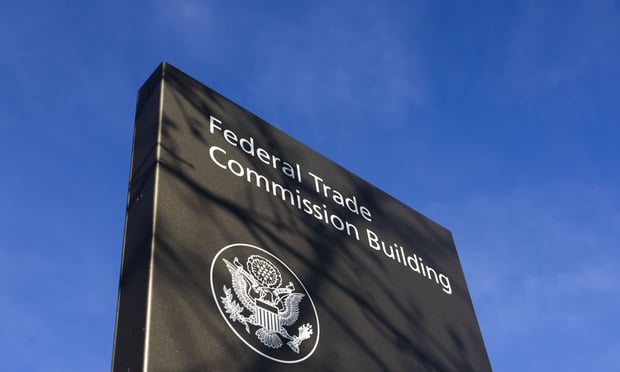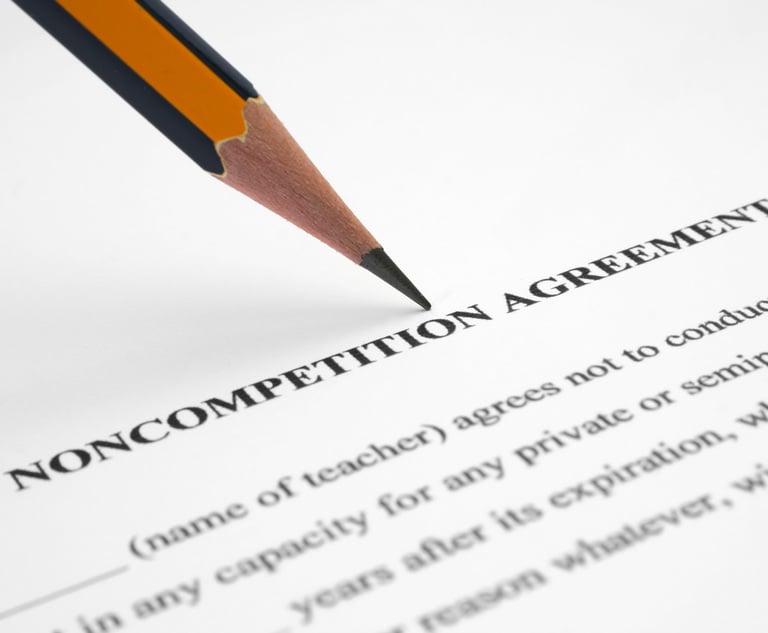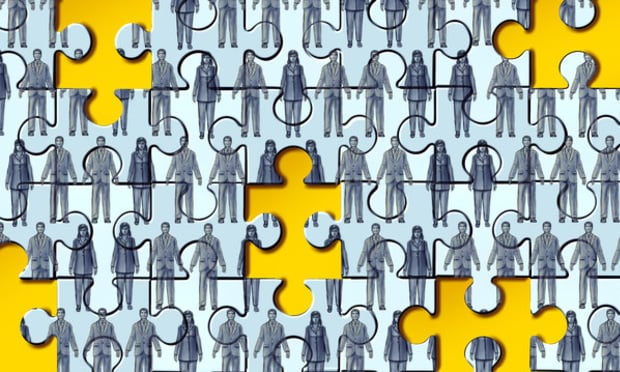No sooner had Martina Hund-Mejean signed on at MasterCard Worldwide than cracks began appearing in the global economy. Within months of joining the $5.1 billion card company as its CFO in November 2007, Hund-Mejean says, she had a sense "that things were not doing so well."
Although Bear Stearns had yet to stumble, "by January 2008, we were already talking with our business leaders, [saying] something doesn't really smell right," she says. "We started to line up contingency plans in case things didn't go the way that we might have forecasted before."
MasterCard makes its money from fees charged on each credit or debit card transaction, and that revenue stream suffered as economic activity slowed. MasterCard had the advantage of going into the financial crisis with "a really sound capital structure," she notes. "We have virtually no debt and we have a significant amount of cash on our balance sheet." (Nor did the company have any exposure to consumers' credit card debt.)
Complete your profile to continue reading and get FREE access to Treasury & Risk, part of your ALM digital membership.
Your access to unlimited Treasury & Risk content isn’t changing.
Once you are an ALM digital member, you’ll receive:
- Critical Treasury & Risk information including in-depth analysis of treasury and finance best practices, case studies with corporate innovators, informative newsletters, educational webcasts and videos, and resources from industry leaders.
- Exclusive discounts on ALM and Treasury & Risk events.
- Access to other award-winning ALM websites including PropertyCasualty360.com and Law.com.
*May exclude premium content
Already have an account? Sign In
© 2024 ALM Global, LLC, All Rights Reserved. Request academic re-use from www.copyright.com. All other uses, submit a request to [email protected]. For more information visit Asset & Logo Licensing.







